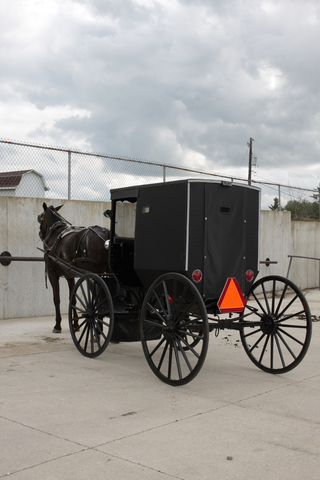The  outlaw Willie Sutton stole an estimated $2 million over a 40-year career robbing banks — and scored the ultimate "success" in his business, living long enough to die of natural causes. Sutton always carried a pistol or Tommy gun with him on jobs, declaring "you can't rob a bank on charm and personality." But the gun was never loaded, because, as he said, someone might have gotten hurt! And he became legendary, ironically, for something he never actually said. According to the story, Sutton was asked why he robbed banks — and replied "because that's where the money is." But in his 1976 autobiography, Where the Money Was: The Memoirs of a Bank Robber, he confessed that credit for the line belongs to "some enterprising reporter who apparently felt a need to fill out his copy."
outlaw Willie Sutton stole an estimated $2 million over a 40-year career robbing banks — and scored the ultimate "success" in his business, living long enough to die of natural causes. Sutton always carried a pistol or Tommy gun with him on jobs, declaring "you can't rob a bank on charm and personality." But the gun was never loaded, because, as he said, someone might have gotten hurt! And he became legendary, ironically, for something he never actually said. According to the story, Sutton was asked why he robbed banks — and replied "because that's where the money is." But in his 1976 autobiography, Where the Money Was: The Memoirs of a Bank Robber, he confessed that credit for the line belongs to "some enterprising reporter who apparently felt a need to fill out his copy."
What does a depression-era bank robber have to do with taxes? Well, the IRS estimates that outlaw taxpayers cost the Treasury $385 billion per year in uncollected taxes — roughly 15% of the amount





